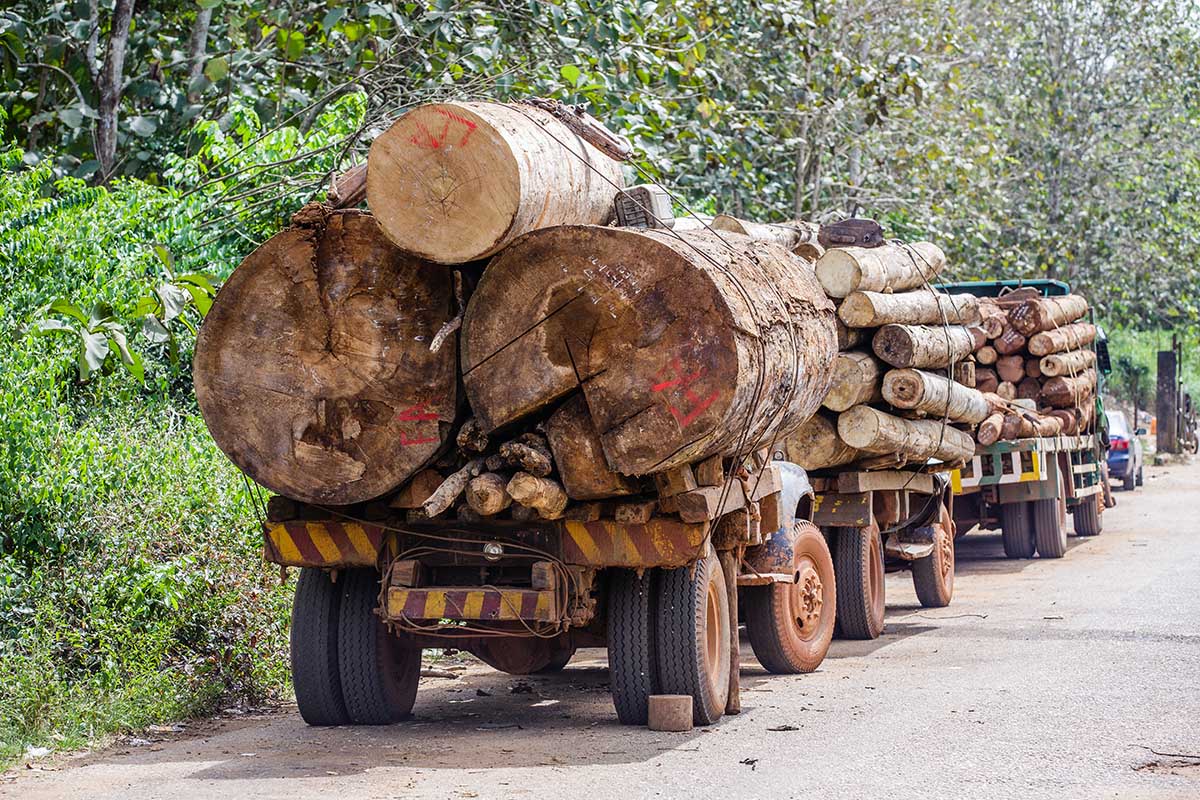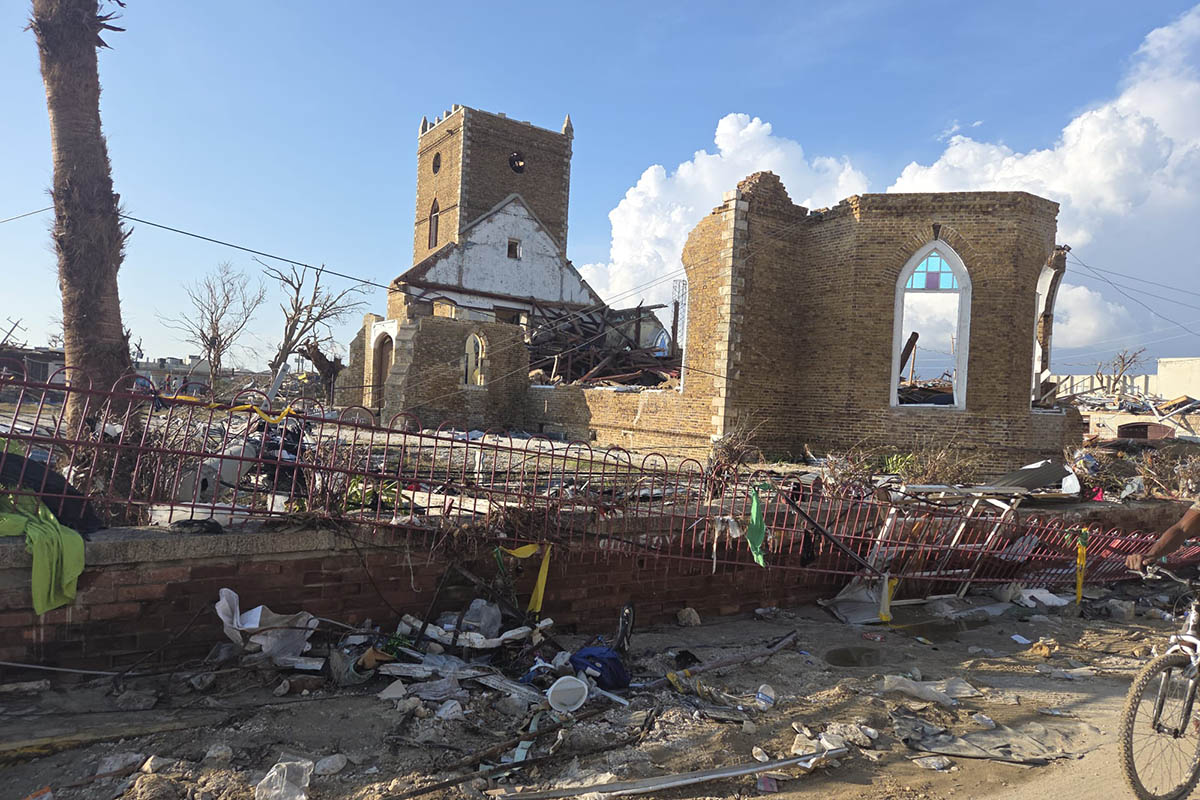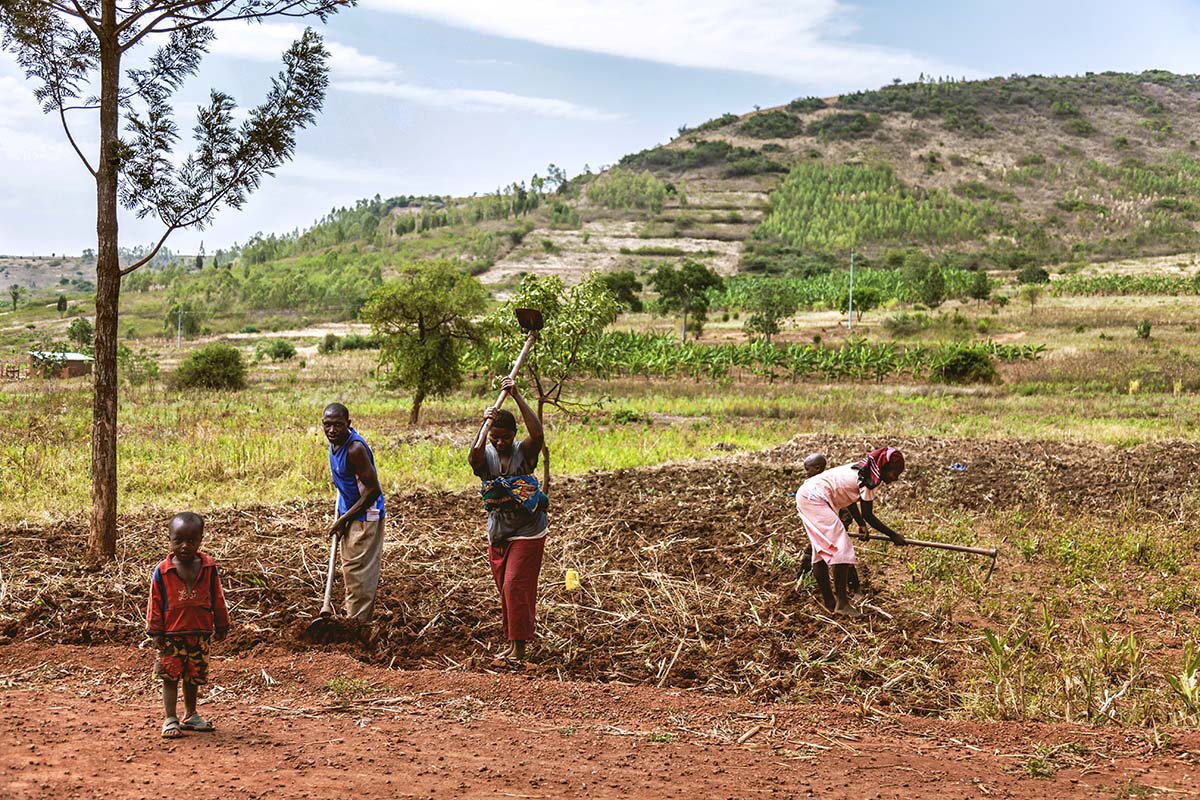Nigeria’s Deforestation Crisis: Accelerating Climate Change
June 27by Abolaji Ogunjimi, Blogs Lead, CYCN Communications Working Group
As the sixth most populous country in the world with a population of about 229 million people, the climate change situation in Nigeria is worthy of note.
By contributing to Nigeria’s greenhouse gas (GHG) emissions, one of the main drivers of climate change in the country is deforestation, as identified by the United States Agency for International Development.
The country is said to have the highest deforestation rate in the world, with an estimated 3.7% of its forest lost every year. In 2010, the natural forest cover in Nigeria was 10.6 Mha (Mega hectares), making up over 12% of the country’s land area. In 2023, Nigeria lost 81.2 Kha (Kilo hectares) of natural forest, equivalent to 54.6 metric tonnes of CO₂ emissions.
Forests provide essential services such as carbon sequestration, windbreaks, and water and air purification, and they encourage biodiversity. The rapid loss of forests in Nigeria contributes to biodiversity loss significantly, reduces carbon sinks, and exacerbates the impacts of climate change. This article explores how to address deforestation to ensure climate change mitigation in Nigeria.
What drives us here?
The main drivers of deforestation in Nigeria include:
- Agricultural Expansion
Forest areas are converted into farmlands to meet the food demand of the rapidly growing population. Although this is not a sustainable way of increasing food production, it is a widely adopted practice in Nigeria.
- Logging Activities
Unsustainable and often illegal logging is another major cause of deforestation. High-value timber species are felled for domestic use and export, leading to significant forest degradation. Weak institutions to enforce the forestry regulations allow illegal logging to persist.
What should be done?
To address deforestation in Nigeria and consequently mitigate climate change effects, a multifaceted approach is necessary:
- Reforestation and Afforestation
Initiatives to reforest degraded lands and afforest new areas are crucial. Planting trees can help restore ecosystems, sequester carbon, and mitigate the impacts of deforestation on climate change. The Nigerian government aims to restore and protect 380,000 hectares of forest and mangrove by 2030. This is a step in the right direction. Still, it can only be achieved through stringent regulations and the provision of sustainable alternatives to the products that the forest provides to the people, e.g., energy.
- Sustainable Agriculture
Promoting sustainable agricultural practices, such as agroforestry and conservation agriculture, can reduce the need for agricultural expansion through forest conversion. These practices integrate trees into agricultural systems, enhancing productivity and preserving forest cover.
- Strengthening Law Enforcement
As stated earlier, enhancing the enforcement of forestry regulations is essential to combat illegal logging. This includes increasing the capacity of forest management authorities and involving local communities in forest conservation.
- Alternative Energy Sources
Providing rural communities access to alternative energy sources, such as energy-saving cooking stoves, and solar energy can reduce the dependence on fuelwood, thereby decreasing deforestation rates.
The current rate of deforestation in Nigeria is a critical environmental issue with far-reaching impacts on climate change. Protecting Nigeria’s forests is essential not only for preserving biodiversity but also for mitigating climate change and ensuring a sustainable future. The government, organisations, and communities must work collaboratively to implement effective conservation strategies and promote sustainable development practices. By taking decisive action now, Nigeria can curb deforestation and contribute to global efforts to combat climate change.
Climate Action Now
Government, NGOs, and the private sector should work together to promote forest conservation and restoration programs, initiatives, and policies, in addition to raising awareness about deforestation and its role in worsening climate change impacts such as drought and flood and its associated adverse effects on communities.
To follow further discussions and updates on climate change, events, and opportunities, check out our social media pages:
LinkedIn, Instagram, Facebook, and X(Twitter)




